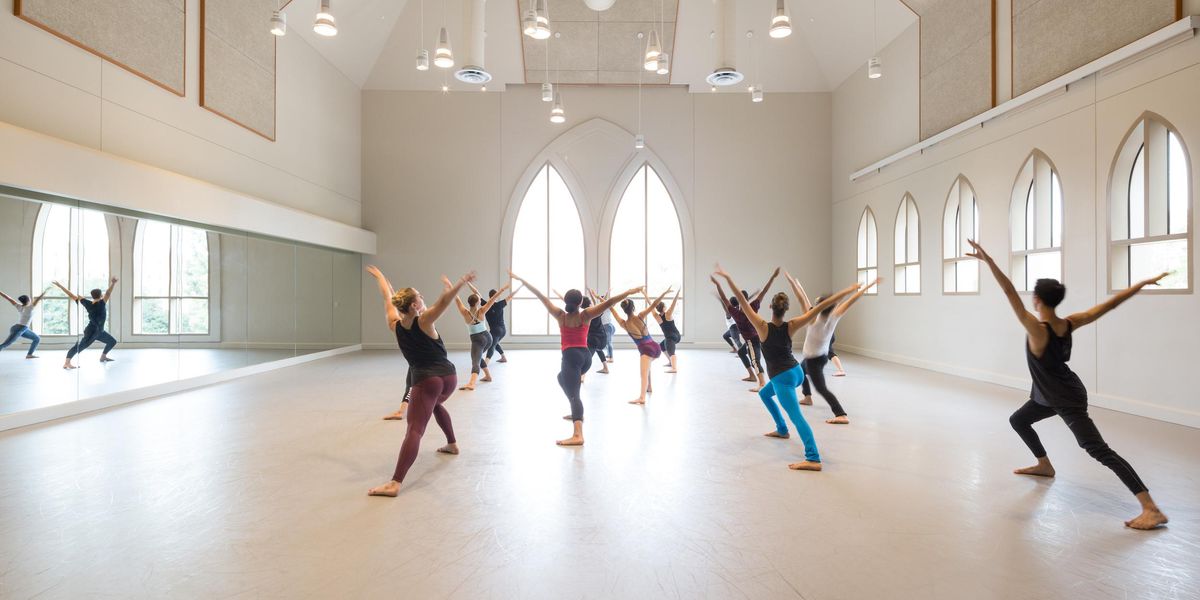Advice for Dancers: Is Aspirin Slowing Your Recovery?
This year I developed a serious case of tendinitis. I’ve been using anti-inflammatories to reduce the pain and swelling, which has made it possible for me to dance, but the injury isn’t going away. Why am I not better? —Ashley, Boston, MA
New research suggests that using NSAIDs (nonsteroidal anti-inflammatory drugs) may be a double-edged sword. While curbing inflammation does help remodel the collagen matrix of the damaged tendon, the inflammatory response appears to be a necessary part of healing. Studies show that treating fractures with NSAIDs can delay healing by 20 to 25 percent and even cause nonunions (failures to heal). In chronic tendinitis (now called tendinosis), the tendons may also fail to heal. Speak to your doctor about physical therapy modalities that promote healing while safely reducing inflammation.
I finally asked for private sessions from a respected teacher outside of my company. But while the coaching helped my technique, it trashed my confidence. Besides tearing apart every step, this teacher sent me long e-mails after each performance with a list of everything I could have done better. Forget about getting promoted. I can’t even take company class without being scared to make a mistake. Why can’t I handle this? —Big Loser, San Francisco, CA
Perhaps you might ask yourself why you have to handle it. Dance coaches are there to provide constructive feedback and support—not to destroy your self-esteem. Over-coaching creates insecurity. Yes, dancers need to know what has to be fixed. However, a good coach will also tell you what’s working and provide space for you to grow as an artist. One of the great dance coaches was David Howard, who worked with Natalia Makarova and Michele Wiles, among many others. In addition to offering useful comments that helped you think about your technique (“relax through the neck”), he built corrections into his combinations. This allowed dancers the freedom to discover how to improve, take risks, and trust themselves. Nitpicking and getting too involved in your career creates a no-win situation, because all you learn is fear. David’s scientific approach to movement also included an understanding of anatomy, kinesiology, and cross-training. Back when I was a dancer with New York City Ballet trying to get stronger, he suggested taking Pilates. It helped my dancing improve by leaps and bounds. I suggest you find another coach, someone who helps you to not only thrive but enjoy performing again.
A guy in my dressing room is driving me crazy. He can never sit still, lies all the time, blames others for his problems, and argues constantly. I’ve even seen him defy the artistic staff by showing up late to rehearsals. I’m stuck sitting next to him for the whole season. How can I stay out of the line of fire? —Sitting Duck, NYC
Obviously, I can’t diagnose emotional issues without doing a thorough intake. Yet it sounds like this dancer has an anger-management problem and behaviors typical of oppositional defiant disorder (ODD). Although ODD is primarily identified in children, this personality disorder can persist in some adults. It’s often found in people with attention deficit hyperactivity disorder, a problem that may be present in restless dancers who seem driven inside by a motor. Even if he doesn’t meet the diagnostic criteria for any disorder, the symptoms that you describe will make life very difficult for those around him. However, it’s unlikely he’ll change his behavior until there are clear consequences. In your situation, you might try keeping interactions with him to a minimum without being mean or provocative. No one likes to be ignored. Think of it as time-out for a 2-year-old. Another option for you would be to hang out with inspiring dancers whose careers are going well (e.g., soloists and principals). This may encourage him to treat you with more respect. Approaching the administration would only be appropriate if he exhibits dangerous behaviors that require an intervention, such as self-medicating with drugs and alcohol.
Send your questions to:
Dr. Linda Hamilton
2000 Broadway, PH2C
New York, NY 10023
e-mail: [email protected]
Former New York City Ballet dancer Linda Hamilton, Ph.D., is a psychologist in private practice, the author of
Advice for Dancers (Jossey-Bass), and co-author of The Dancer’s Way: The New York City Ballet Guide to Mind, Body, and Nutrition (St. Martin’s Griffin). Her website is www.drlindahamilton.com.




